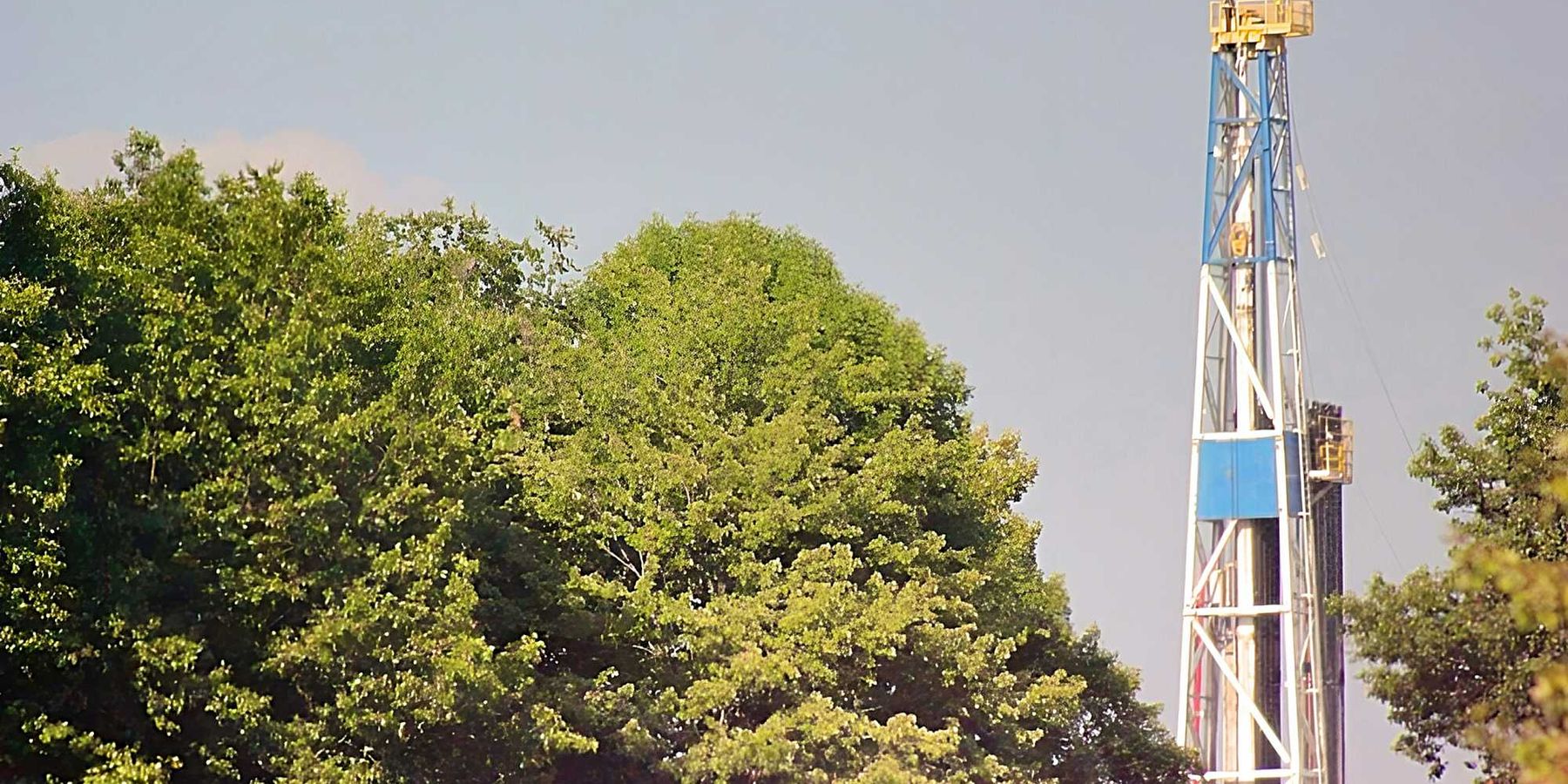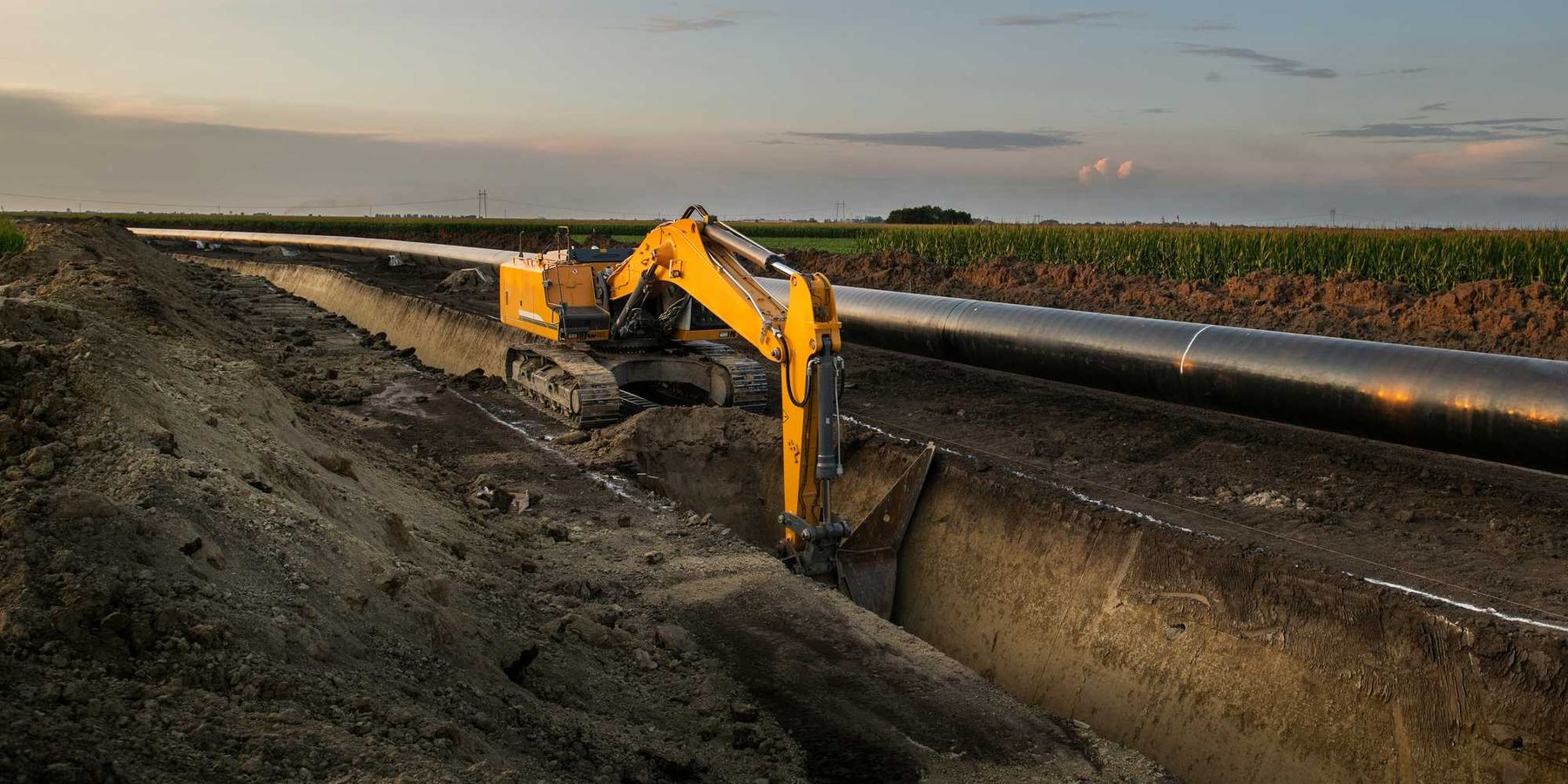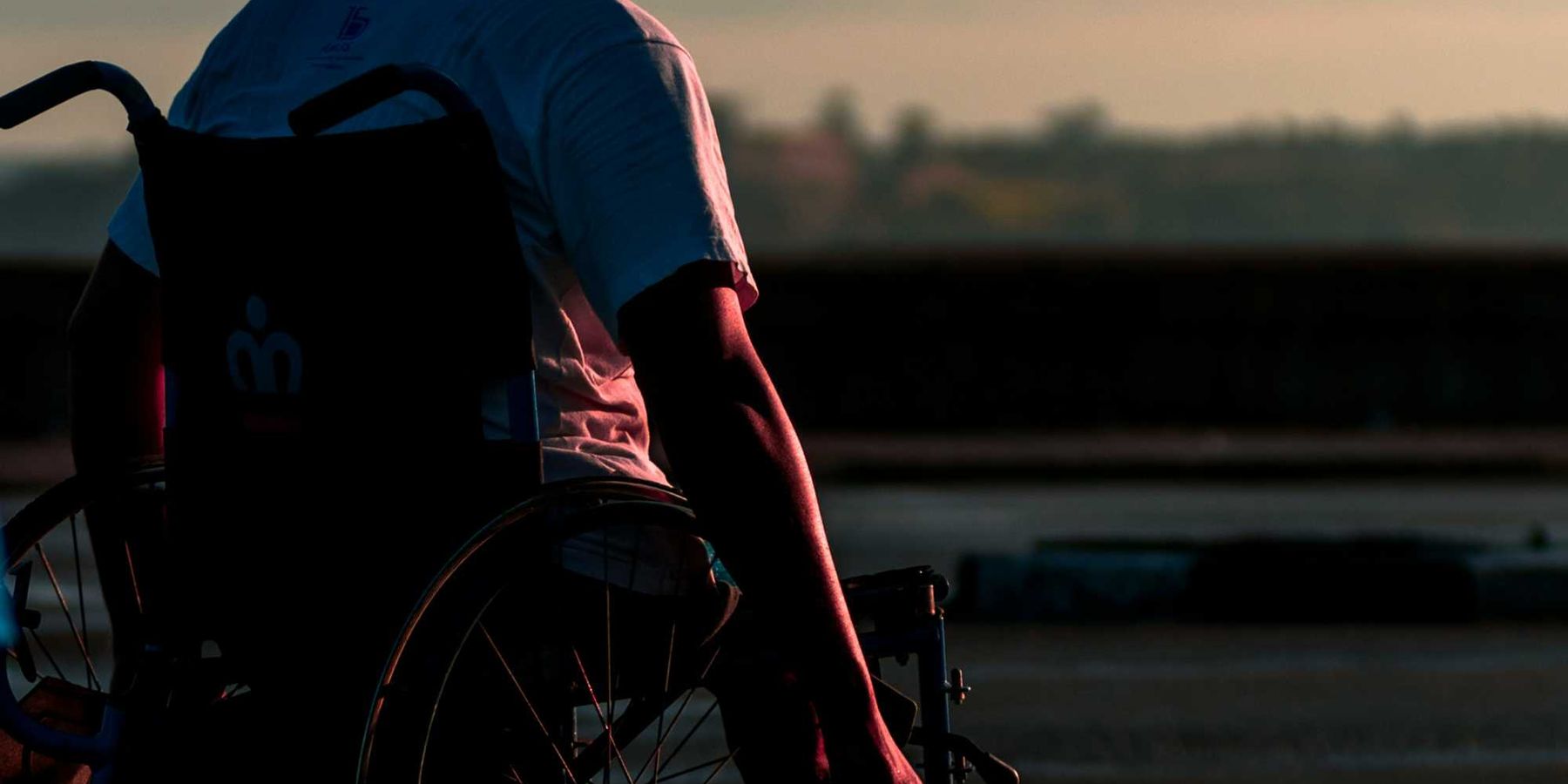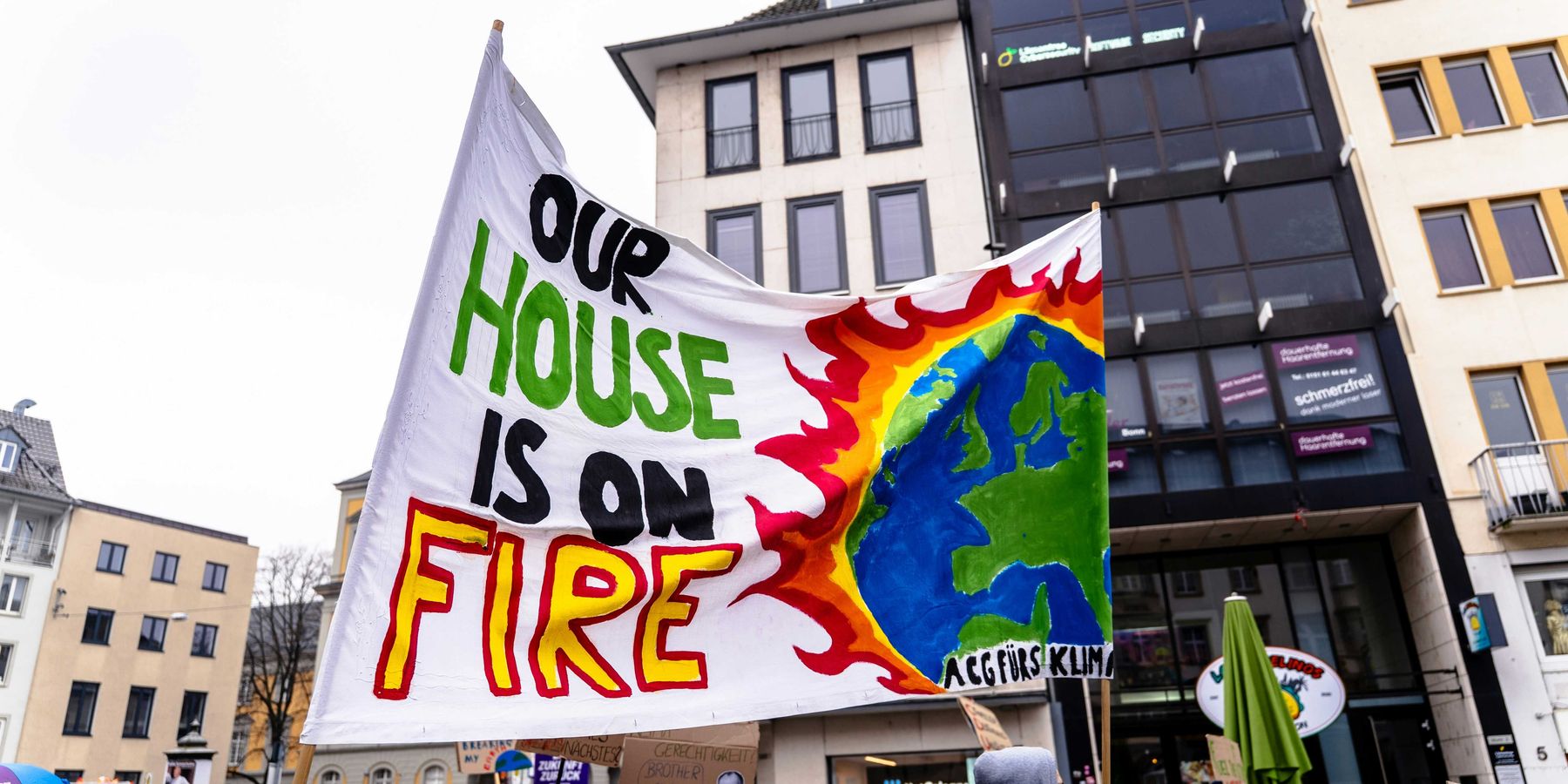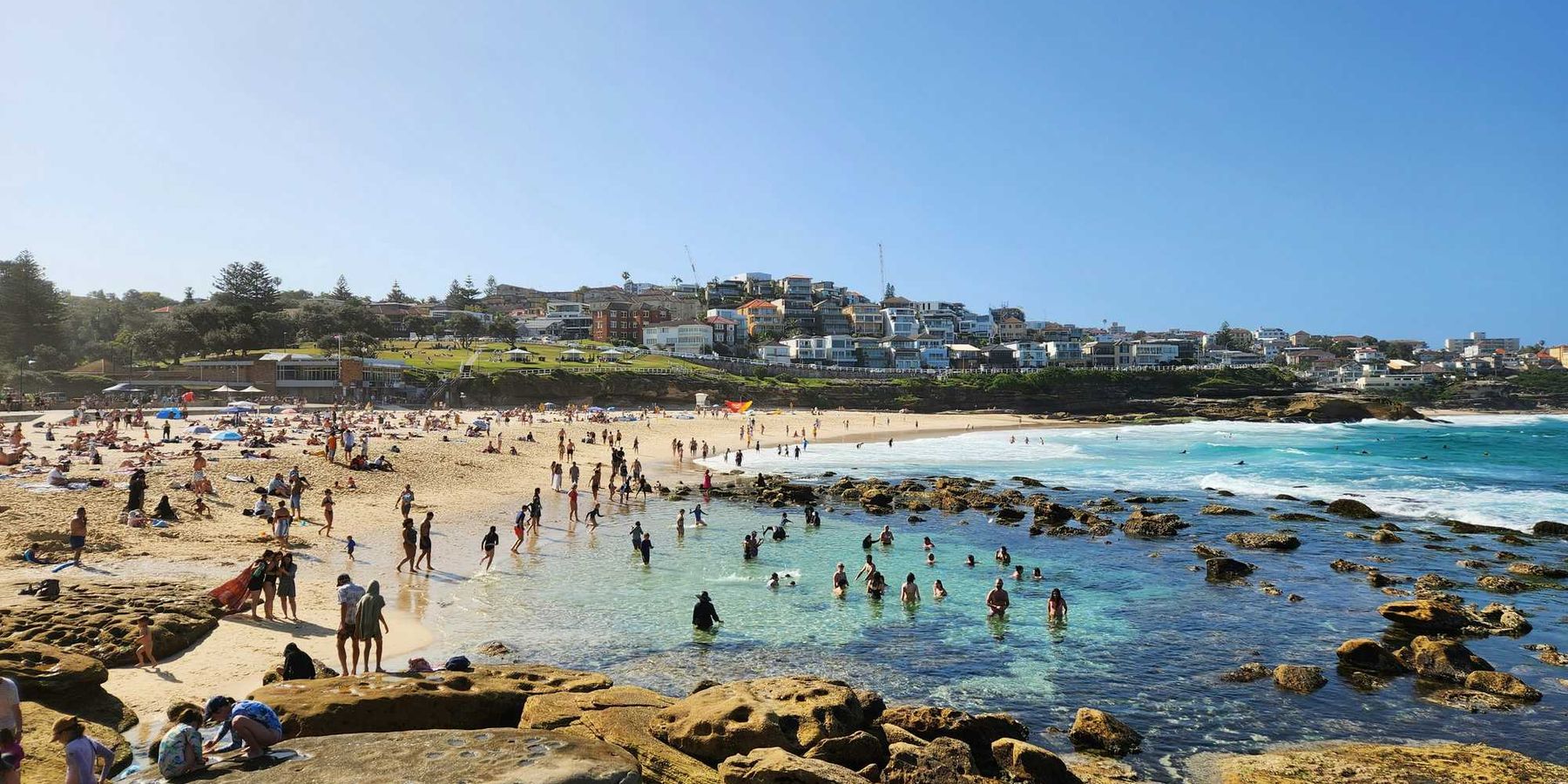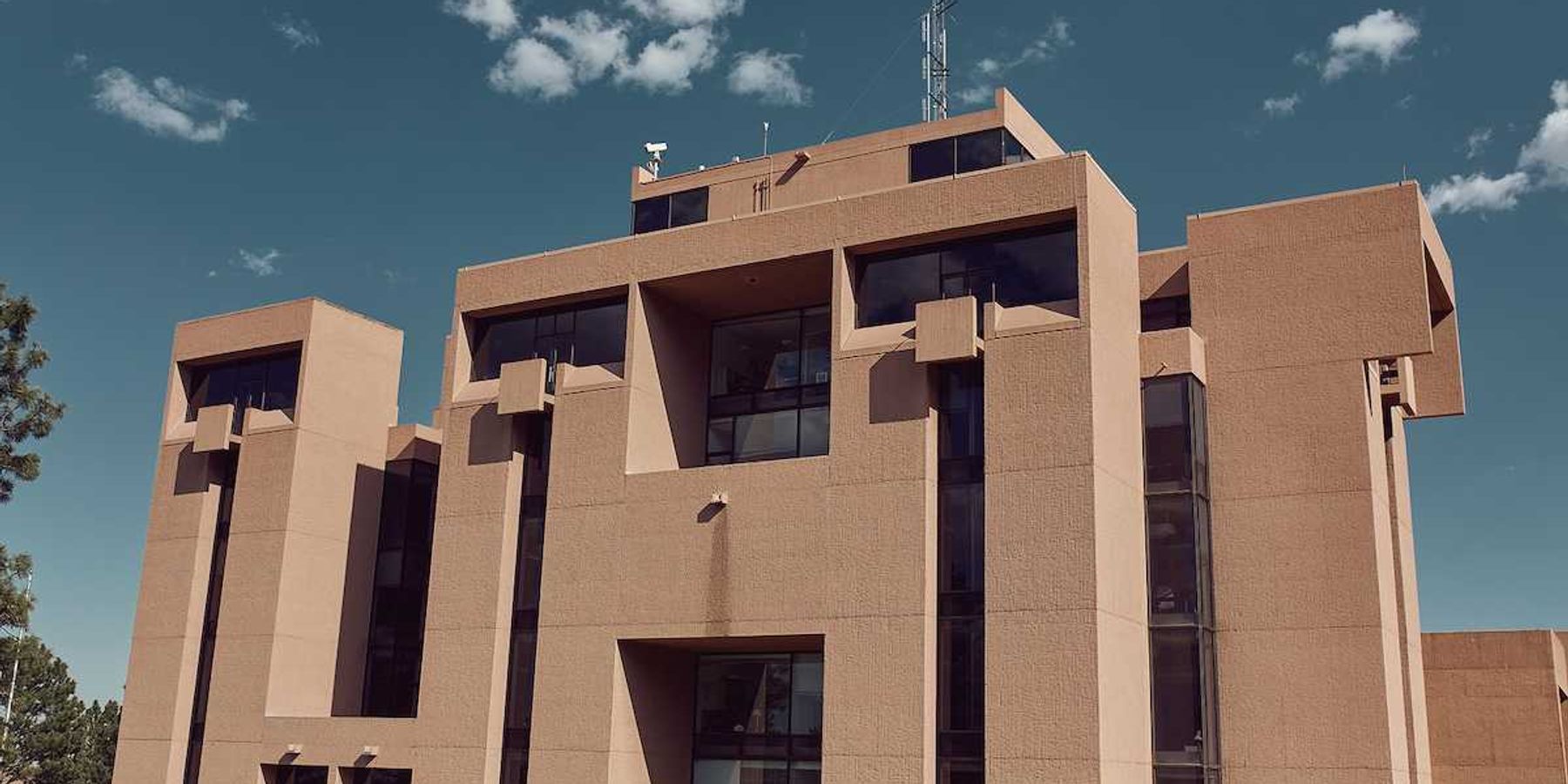Youth at the forefront of climate change litigation
Young climate advocates are challenging the U.S. government in court, demanding accountability for climate change inactions.
Ruxandra Guidi reports for High Country News.
In short:
- Young activists, including a notable 23-year-old plaintiff in the Juliana v. United States case, leverage legal battles to hold the U.S. government accountable for climate negligence.
- These legal challenges, rooted in the Atmospheric Trust Litigation principle, assert the government's failure to protect the constitutional rights of its younger citizens.
- Historical context shows that youth have always been pivotal in driving significant political movements, emphasizing the enduring power of young voices in societal change.
Key quote:
“There are simple things you can do in your own homes, like not let the water run, or turn off the lights when you’re not using them. You could teach these things to your children. Every choice we make is for or against our future.”
— wise words from then-6-year-old climate activist Xiuhtezcatl Martinez
Why this matters:
The impact of youth activism is undeniable. It has reinvigorated older generations of environmentalists, brought climate issues to the forefront of political debates, and even influenced the strategies of nonprofit organizations and advocacy groups. Their call for action is not just about reducing carbon emissions or protecting natural habitats but encompasses a broader vision of social justice, equity, and intergenerational responsibility.
Youth environmental activism has moved us forward in many ways—but to maximize this impact we need coalitions that learn from the past in order to prepare for the future.

